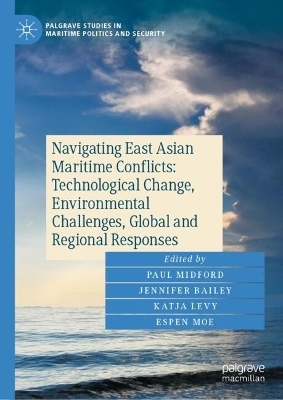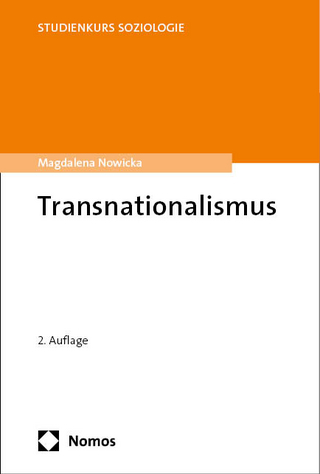
Navigating East Asian Maritime Conflicts: Technological Change, Environmental Challenges, Global and Regional Responses
Springer International Publishing (Verlag)
978-3-031-51988-8 (ISBN)
- Noch nicht erschienen - erscheint am 05.09.2024
- Versandkostenfrei innerhalb Deutschlands
- Auch auf Rechnung
- Verfügbarkeit in der Filiale vor Ort prüfen
- Artikel merken
As technological development and diffusion have greatly increased the resources states can recover from maritime space, the stakes of these conflicts have grown. Nowhere is this clearer than in East Asia. This book examines how technological change and diffusion impact East Asian maritime conflicts, and approaches for conflict management and resolution.
Paul Midford is Professor of Political Science at the Department of Global and Transcultural Studies at Meiji Gakuin University in Yokohama Japan.
Jennifer Bailey is Professor of Political Science at the Department of Sociology and Political Science at the Norwegian University of Science and Technology (NTNU) in Trondheim, Norway.
Katja Levy is Associate Professor of Political Science at the Department of Sociology and Political Science at the Norwegian University of Science and Technology (NTNU) in Trondheim, Norway.
Espen Moe is Professor of Political Science at the Department of Sociology and Political Science at the Norwegian University of Science and Technology (NTNU) in Trondheim, Norway.
Part I: Framework.- Chapter 1: Introduction.- Chapter 2: The Law of the Sea and its Relevance for Maritime Conflicts in East Asia.- Part II: Security Dimensions.- Chapter 3: Unmanned maritime platforms and the undersea struggle in the South China.- Chapter 4: Low Intensity Maritime Conflicts, Escalation Management and Technology.- Chapter 5: Military Automation, Robotics, and Maritime Security, Understanding New Dynamics in Conflict Escalation.- Part III: East Asian Maritime Competition and the Arctic.- Chapter 6: The Impact of Russia's Ukraine Invasion on the Arctic-From Cooperation to Conflict?.- Chapter 7: China's Arctic Strategy, From Follow-up to "Creative Involvement".- Chapter 8: Japan's Arctic Strategy, Countering East Asian Maritime Insecurity and Competition with China.- Part IV: Seabed Mining.- Chapter 9: Rare and Infinite The Minami-torishima "Semi-infinite" Rare Earth Elements and the historical dynamics of Deep-Sea Mining.- Chapter 10: Japan's Seabed Mining as a Cause and Result of East Asian Maritime Tensions.- Chapter 11: Limited semi-infinity Japan's deepsea resources against the backdrop of China's rare earth.- Part V: Fishing and Renewable Energy.- Chapter 12: China's Digitalised Fishery Reform and Its Implications on the East Asian Maritime Order.- Chapter 13: Japan's New Whaling Policy, Marine Management in an Evolving Security and Technological Setting.- Chapter 14: Offshore Wind in Japan, Energy Production and Conflict Reduction?.- Part VI: Conclusions.- Chapter 15: Conclusions.
| Erscheint lt. Verlag | 5.9.2024 |
|---|---|
| Reihe/Serie | Palgrave Studies in Maritime Politics and Security |
| Zusatzinfo | X, 240 p. 25 illus. |
| Verlagsort | Cham |
| Sprache | englisch |
| Maße | 148 x 210 mm |
| Themenwelt | Sozialwissenschaften ► Politik / Verwaltung ► Europäische / Internationale Politik |
| Sozialwissenschaften ► Politik / Verwaltung ► Vergleichende Politikwissenschaften | |
| Schlagworte | East China Sea • EEZs • Offshore Wind Power • seabed mining • South China Sea • UNCLOS • whaling |
| ISBN-10 | 3-031-51988-4 / 3031519884 |
| ISBN-13 | 978-3-031-51988-8 / 9783031519888 |
| Zustand | Neuware |
| Haben Sie eine Frage zum Produkt? |
aus dem Bereich


